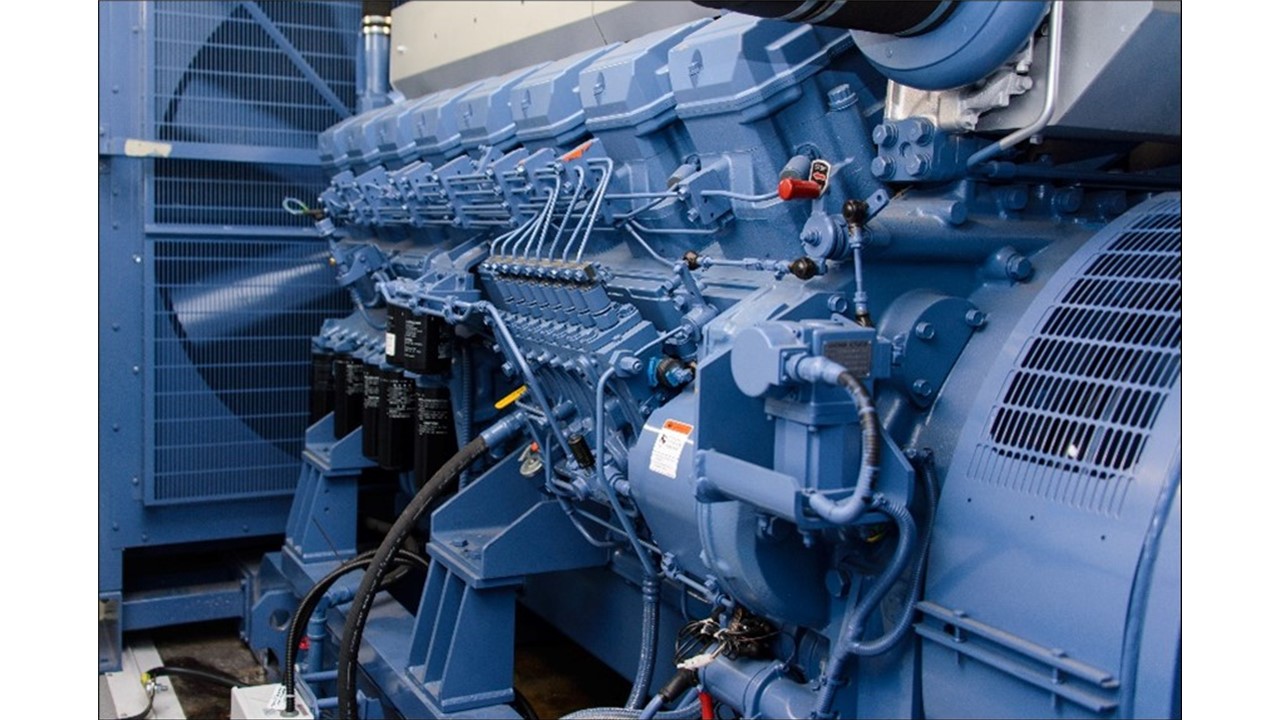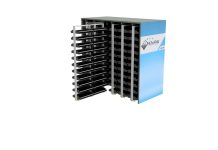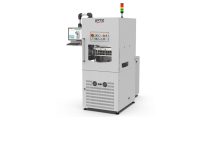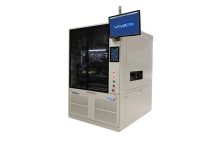Generators and electric motors serve every industry by either generating power or converting electrical energy to mechanical energy. Unfortunately, exposure to harsh environments is common enough to raise the risk of rust and corrosion, leading to interrupted operations and a shorter service life. Given the often costly and critical nature of such assets, corrosion prevention is a valuable if not vital effort. The following tips from Cortec® Corporation help owners and operators mitigate corrosion on these dynamic systems from the inside out.
 Corrosion Prevention in Generator and Motor Cores
Corrosion Prevention in Generator and Motor Cores
Qualified maintenance engineers can slow corrosion that might occur on generator cores by spraying smaller cores with ElectriCorr™ VpCI®-239 or fogging larger cores with VpCI®-239 when the equipment is powered off. Although this protective fluid doubles as a cleaner, if left to dry, it will form a very thin corrosion inhibiting film for protection against aggressive industrial, marine, or tropical conditions. Testing has shown that these products do not interfere with electrical or insulation characteristics on core windings. A VpCI®-308 Pouch can be added to generator housings for additional protection of accessible metal surfaces within the enclosure and left inside during operation or layup. The VpCI®-308 Pouch releases Vapor phase Corrosion Inhibitors that diffuse and adsorb on metal surfaces, forming a protective molecular layer that inhibits corrosion on both ferrous and yellow metals.
Removing and Reducing Corrosion in Copper Stator Cooling Systems
Large water-cooled generators face the risk of corrosion on copper components—most notably inside hollow copper conductors through which the cooling water flows. When these are plugged, cooling processes are interrupted. Cortec® therefore recommends removing the copper oxides by adding VpCI®-422 or VpCI®-426 to the system and allowing it to dwell or circulate for two hours or as needed. VpCI®-422 is a USDA Certified Biobased Product, while VpCI®-426 has the advantage of faster action.




After rust removal, the cooling water tubes should be rinsed and neutralized with a VpCI®-41x Series cleaner (confirm conductivity impact before selection), then rinsed with VpCI®-648 treated water. VpCI®-648 is an additive designed for corrosion protection of ferrous metals and copper at low dosages in deionized or reverse osmosis water. It does not contain nitrites or any halogen counter ions. At recommended dosages, VpCI®-648 does not significantly contribute to the conductivity of water systems and can be used for ongoing corrosion protection during generator operation.
Layup of Generator Oil Systems
M-535 can be added to generator oil systems for corrosion protection during layup. This additive contains Vapor phase Corrosion Inhibitors that protect metal surfaces in direct contact with the treated oil, as well as metal surfaces in the headspace above the fluid level, allowing economical and efficient rust protection at a low dose. It is non-corrosive to copper.
Protecting External Surfaces and Junction Boxes
For the many backup and portable generators that sit outside, exposed to all kinds of weather and climates, Cortec® recommends enhancing external protection by applying VpCI®-391 (a hazy, non-tacky water-based removable coating) or EcoShield® VpCI®-386 (a clear permanent water-based coating with UV resistance) over painted or unpainted machine surfaces. Junction boxes on generators and motors can be protected by installing a VpCI®-101 Device, a self-adhesive foam infused with Vapor phase Corrosion Inhibitors that condition the enclosure with protective vapors.

Stay Ready, Extend Service Life
Corrosion is an unwelcome guest, no matter what size the generator or motor is. By adding protection inside and out, those who maintain and oversee these critical pieces of equipment can extend their service life and promote immediate readiness for emergency backup. Contact Cortec® for more specific advice on preventing corrosion on electric generators and motors.
To learn more, visit www.cortecvci.com.










